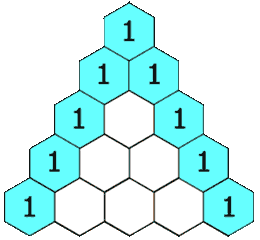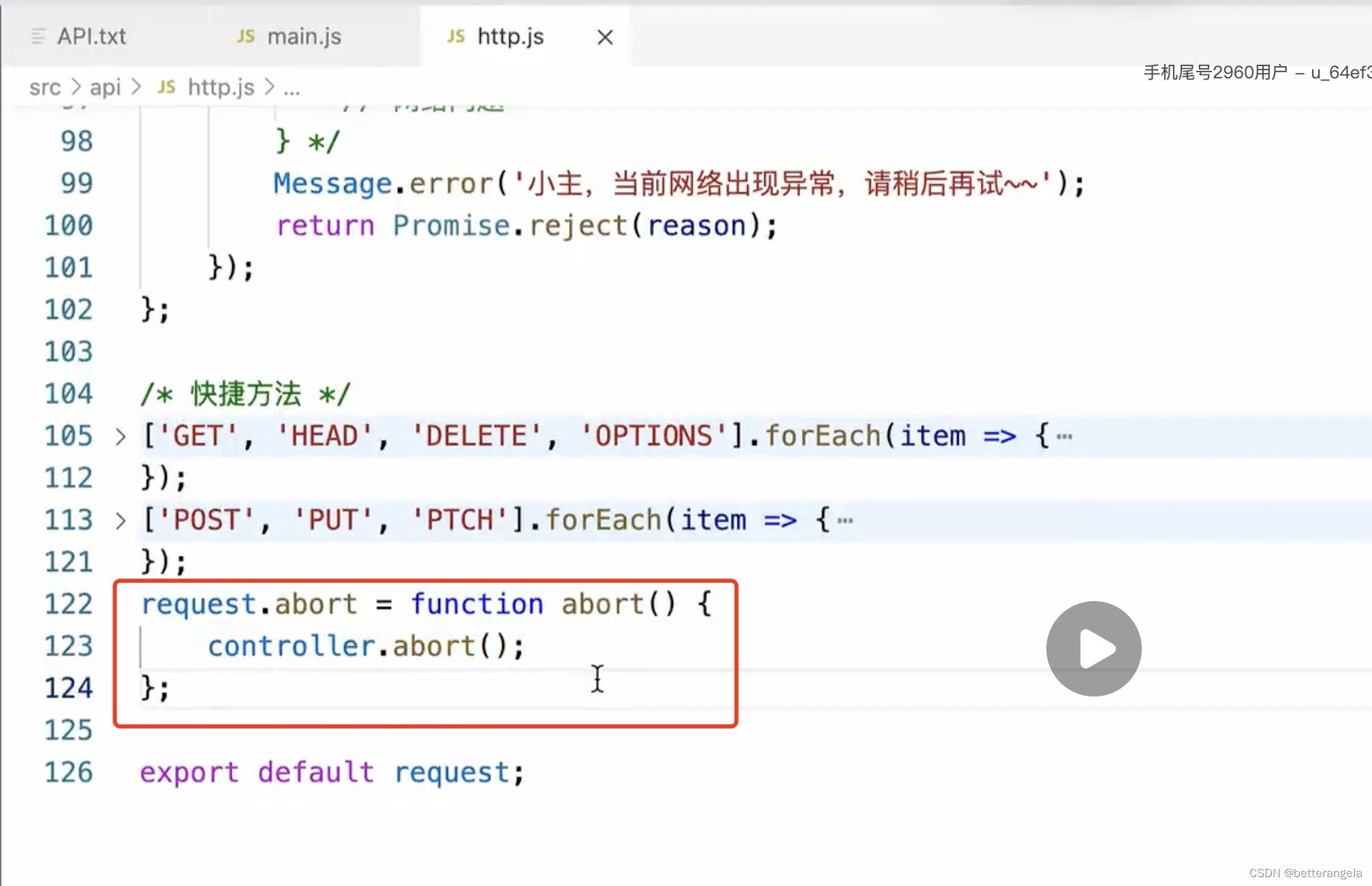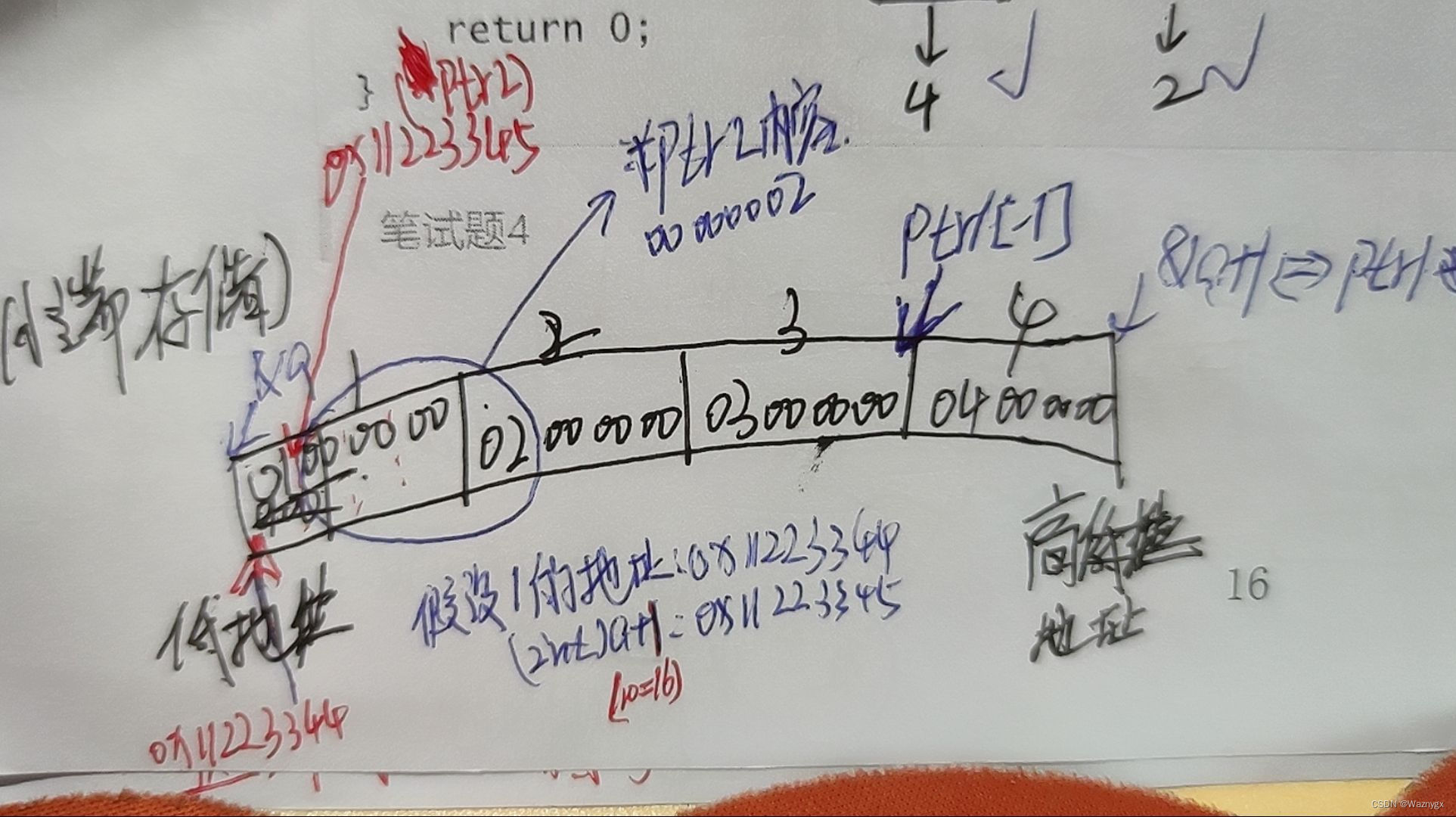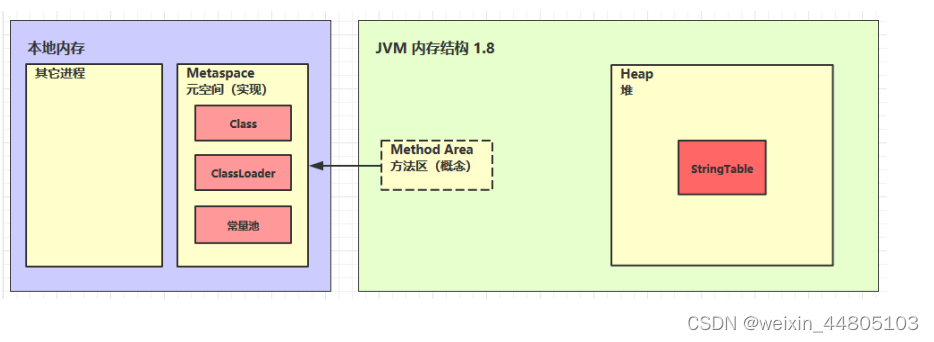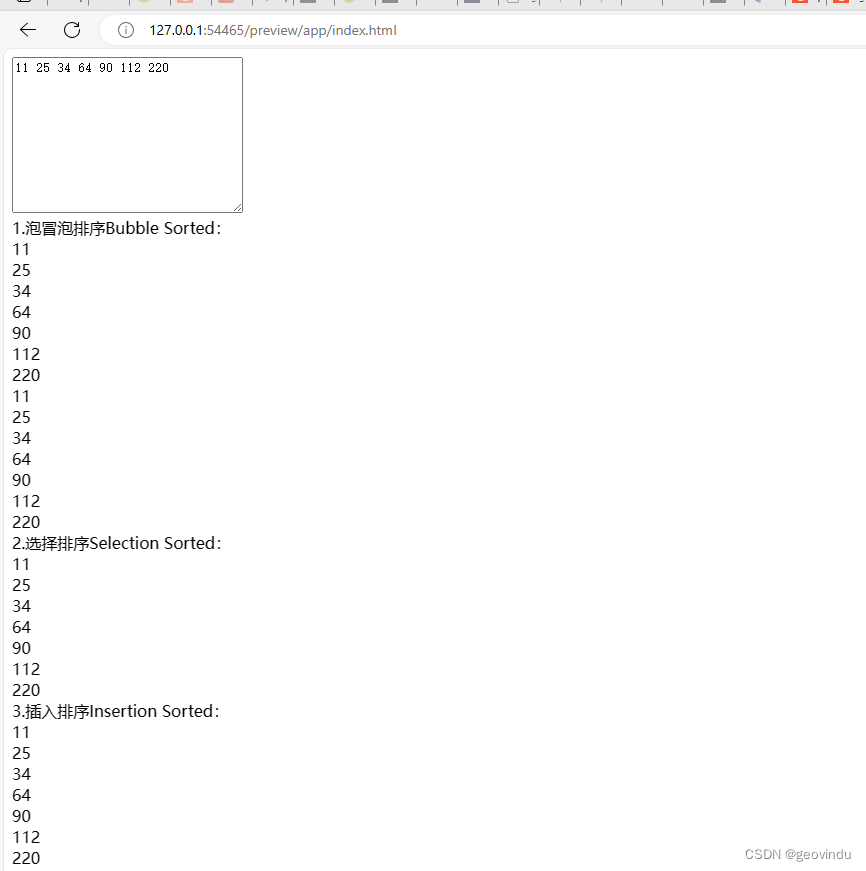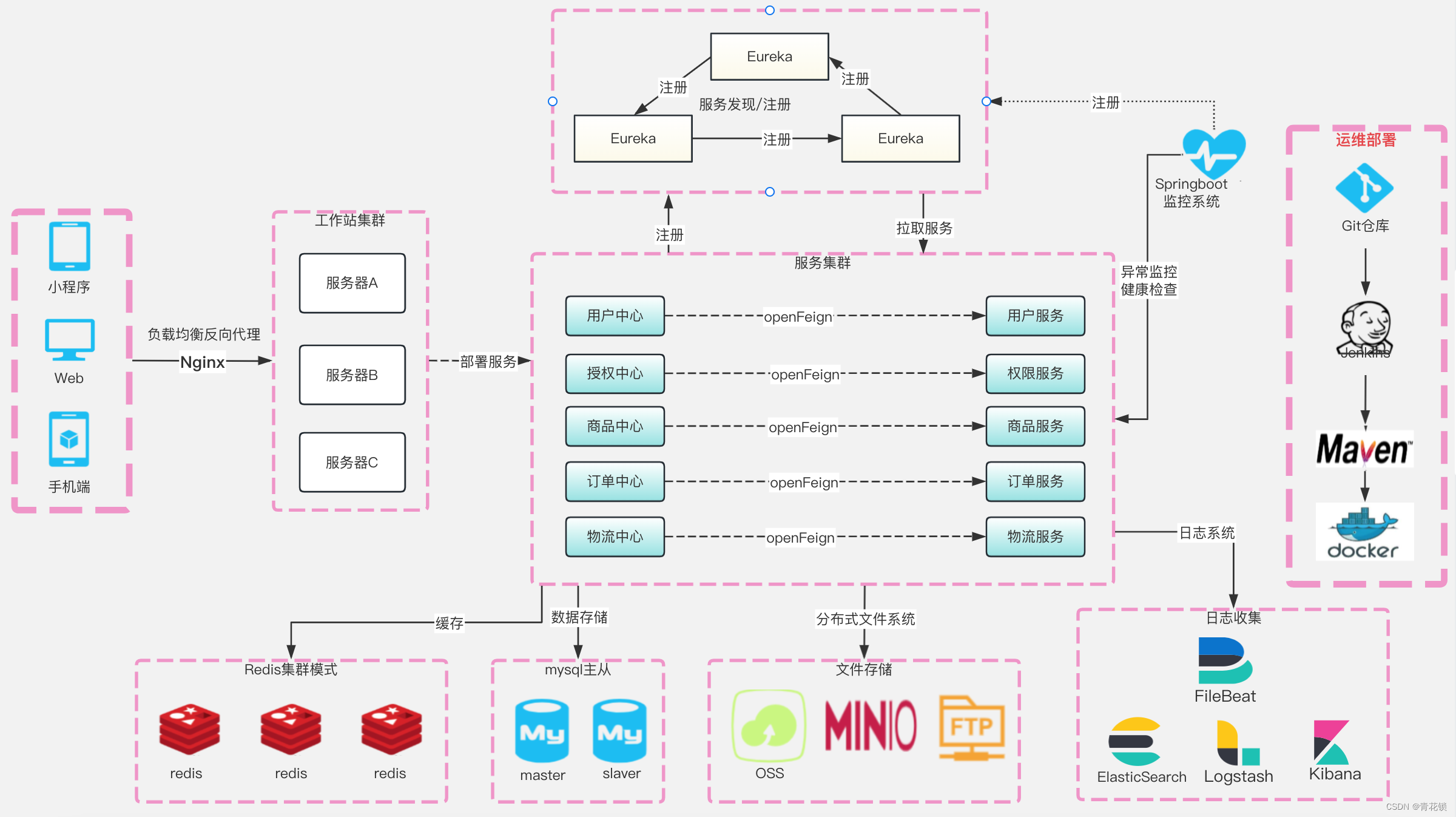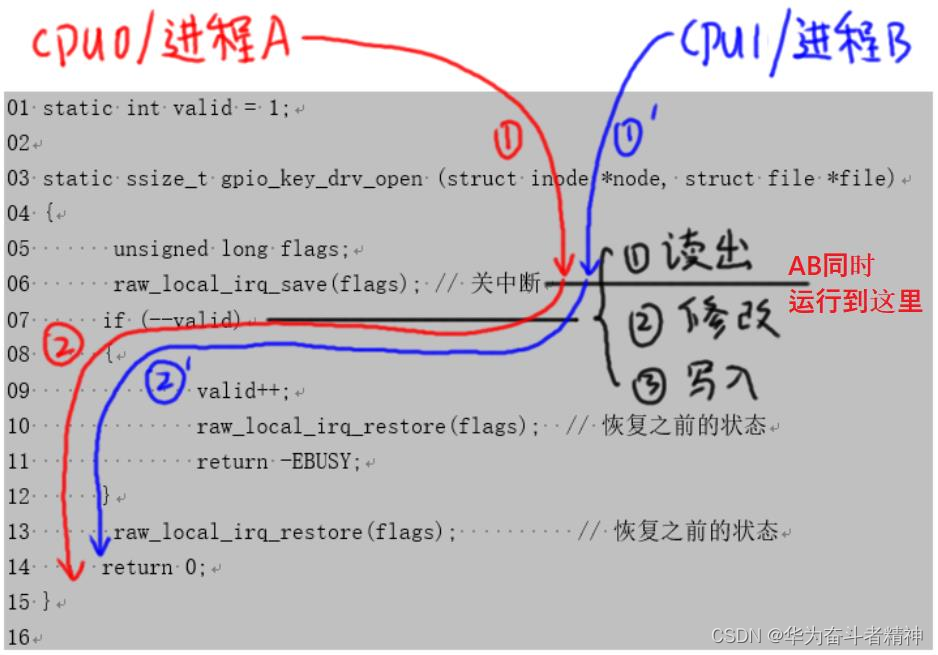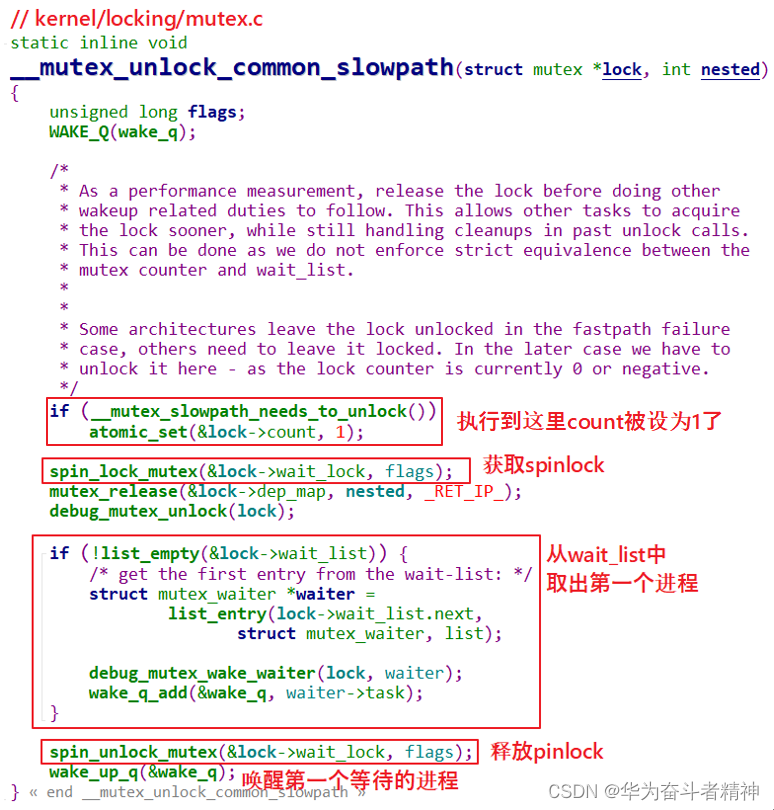优先级队列的模拟实现
- 底层结构
- 初始化
- 向下调整 && 向上调整
- push && pop
- top && empty && size
- 源码
底层结构

namespace muyu
{
template <class T, class Continer = std::vector<T>, class Compare = less<T> >
class priority_queue
{
private:
Continer _con; // 底层维护的容器
};
}
在库中, priority_queue是有三个模版参数的,
T — — 控制数据类型
Container — — 容器适配器
Compare — — 仿函数, 控制大小堆的
那么有两个问题:
- Container 为啥默认是vector, 而不是 deque呢?
通过前面数据结构的学习, 我们知道堆是支持随机访问的, 即支持下标访问, []会用的很频繁的
list不用说了, 不支持下标访问
deque虽然支持下标访问, 但[] 不够极致 ⇐ 需要计算在哪个buff中, 还要计算在该buff数组中的哪个位置上
而反观vector,它的[] 就很极致 ⇐ 连续的空间 - 仿函数是啥?
其实, 前面讲sort时, 提过一下仿函数.
仿函数就是仿函数通过重载(), 从而达到类的对象可以像函数一样使用👇👇👇
template<class T>
class Com
{
public:
bool operator()(const T& x, const T& y)
{
return x > y;
}
};
int main()
{
Com<int> com; // 类对象
int a = 5, b = 3;
bool res = com(a, b);
cout << res << endl;
}
运行结果:
1
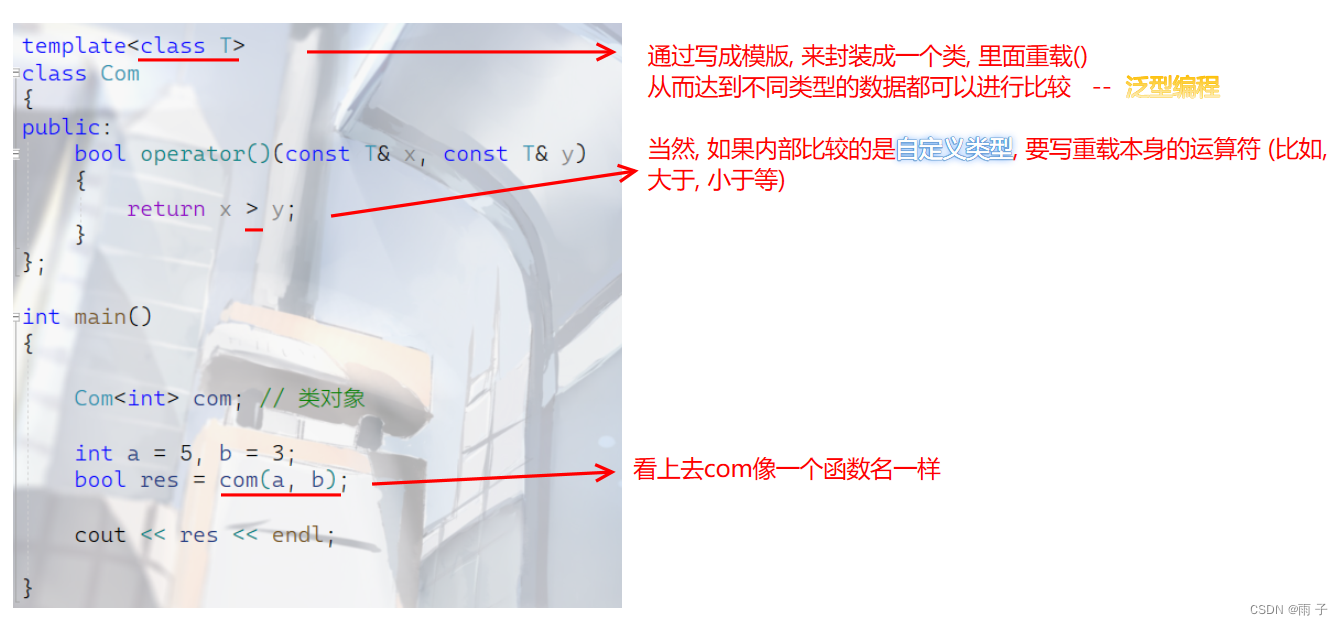
👇👇👇
class Date
{
public:
Date(int year = 1900, int month = 1, int day = 1)
: _year(year)
, _month(month)
, _day(day)
{}
bool operator<(const Date& d)const
{
return (_year < d._year) ||
(_year == d._year && _month < d._month) ||
(_year == d._year && _month == d._month && _day < d._day);
}
bool operator>(const Date& d)const
{
return (_year > d._year) ||
(_year == d._year && _month > d._month) ||
(_year == d._year && _month == d._month && _day > d._day);
}
friend ostream& operator<<(ostream& _cout, const Date& d)
{
_cout << d._year << "-" << d._month << "-" << d._day;
return _cout;
}
private:
int _year;
int _month;
int _day;
};
template<class T>
class Com
{
public:
bool operator()(const T& x, const T& y)
{
return x > y;
}
};
int main()
{
Com<Date> com; // 类对象
Date d1(2023, 7, 20);
Date d2(2023, 7, 26);
bool res = com(d1, d2);
cout << res << endl;
}
运行结果:
0
当然 仿函数 作为 泛型编程, 在后面 模版的特化 中还有很多意想不到的妙用!!
🗨️ 如果上面的传的是 Date*, 那该怎么办?
void test()
{
muyu::priority_queue<Date*> pq;
pq.push(new Date(2023, 9, 27));
pq.push(new Date(2023, 9, 28));
pq.push(new Date(2023, 9, 29));
pq.push(new Date(2023, 9, 1));
while (!pq.empty())
{
cout << *pq.top() << " ";
pq.pop();
}
cout << endl;
}
运行结果:
2023-9-1 2023-9-28 2023-9-27 2023-9-29
- 如果传的的是
Date*, 编译器的less会按照地址的大小去比较, 这并不是我们想要的结果
我们想要的是日期之间的比较
由于是内置类型, 我们又重载不了!!!
那该怎么办?
模版的特化就大显身手了👇👇👇
// 普通的按照T来进行比较
template <class T>
class Less
{
public:
bool operator()(const T& x, const T& y)
{
return x < y;
}
};
// 偏特化 -- 对类型做进一步的限制
template <class T>
class Less<T*>
{
public:
bool operator()(const T* x, const T* y)
{
return *x < *y;
}
};
特化, 特化, 就是 对此模版做进一步的特殊化处理
如上面的代码, 我们就针对了 指针 做了特殊处理 – --> 按照指针指向的对象来进行比较
初始化
默认初始化咱就不说了, 底层的容器 vector 是自定义类型, 它本身的初始化就够用了
下面, 我们重点讲讲 迭代区间初始化
priority_queue()
{
}
template<class InputIterator>
priority_queue(InputIterator first, InputIterator last)
{
// 一股脑地倒进来
while (first != last)
{
_con.push_back(*first);
++first;
}
// 建堆
for (int i = (_con.size() - 1 - 1) / 2; i >= 0; i--)
{
AjustDown(i);
}
}
注意几个点:
- 区间是左闭右开的
- 向下调整算法的前提条件是
左右子树都是大(小)堆⇒从第一个非叶子节点开始
向下调整 && 向上调整
private:
void AjustUp(int child)
{
Compare com;
int parent = (child - 1) / 2;
while (child > 0)
{
if( com(_con[parent], _con[child]) )
{
std::swap(_con[child], _con[parent]);
// 在内部更新child 和 parent
child = parent;
parent = (child - 1) / 2;
}
else
{
break;
}
}
}
void AjustDown(int parent)
{
Compare com;
int child = 2 * parent + 1;
while (child < _con.size())
{
// 找到孩子中大的那一个
if (child + 1 < _con.size() && com(_con[child], _con[child + 1]) )
{
child++;
}
if ( com(_con[parent], _con[child]))
{
std::swap(_con[parent], _con[child]);
// 在内部更新parent 和 child
parent = child;
child = parent * 2 + 1;
}
else
{
break;
}
}
}
- 默认是
大堆, 即less,<

push && pop
- push
void push(const T& val = T())
{
_con.push_back(val);
AjustUp(_con.size() - 1);
}
堆的整体结构并没有发生变化, 即左右子树都是大(小)堆 ⇒ 使用向上调整
- pop
(1) 删除头节点 ⇒ 交换头尾节点, 删除尾节点
(2) 头节点的 左右子树的堆结构没有发生变化, 但是头节点有问题 ⇒ 从头节点开始向下调整
void pop()
{
std::swap(_con[0], _con[_con.size() - 1]);
_con.pop_back();
AjustDown(0);
}
top && empty && size
const T& top() const
{
return _con[0];
}
bool empty() const
{
return _con.size() == 0;
}
size_t size() const
{
return _con.size();
}
源码
# pragma once
#include<vector>
namespace muyu
{
template <class T, class Continer = std::vector<T>, class Compare = less<T> >
class priority_queue
{
private:
void AjustUp(int child)
{
Compare com;
int parent = (child - 1) / 2;
while (child > 0)
{
if( com(_con[parent], _con[child]) )
{
std::swap(_con[child], _con[parent]);
// 在内部更新child 和 parent
child = parent;
parent = (child - 1) / 2;
}
else
{
break;
}
}
}
void AjustDown(int parent)
{
Compare com;
int child = 2 * parent + 1;
while (child < _con.size())
{
// 找到孩子中大的那一个
if (child + 1 < _con.size() && com(_con[child], _con[child + 1]) )
{
child++;
}
if ( com(_con[parent], _con[child]))
{
std::swap(_con[parent], _con[child]);
parent = child;
child = parent * 2 + 1;
}
else
{
break;
}
}
}
public:
priority_queue()
{
}
template<class InputIterator>
priority_queue(InputIterator first, InputIterator last)
{
// 一股脑地倒进来
while (first != last)
{
_con.push_back(*first);
++first;
}
// 建堆
for (int i = (_con.size() - 1 - 1) / 2; i >= 0; i--)
{
AjustDown(i);
}
}
void push(const T& val = T())
{
_con.push_back(val);
AjustUp(_con.size() - 1);
}
void pop()
{
std::swap(_con[0], _con[_con.size() - 1]);
_con.pop_back();
AjustDown(0);
}
const T& top() const
{
return _con[0];
}
bool empty() const
{
return _con.size() == 0;
}
size_t size() const
{
return _con.size();
}
private:
Continer _con;
};
}
夫学贵得之于心。求之于心而非也,虽其言之出于孔子,不敢以为是也,而况其未及孔子者乎?求之于心而是也,虽其言出于庸常,不敢以为非也,而况其出于孔子者乎? — — 王阳明

